Report to Members
Introduction
COGS held a workshop in February 2021 to consider the role our organisation has in the community, how this has changed since COGS was initially formed, and to establish future directions for the organisation. Before the workshop, members were invited (‘Canberra Organic’ Magazine – Summer 2020) to offer views on future directions to the President or via their Garden Convenor. Four papers, together with information on COGS’ gardens and their plots, were provided to participants before the workshop. Two papers addressed the structure of COGS, one asking if the existing organisational structure was out of date, the third examined community garden organisations in the ACT, and another looked at increasing volunteering within COGS. These papers are available for members on the COGS website. Twenty-one COGS members, including most current office holders and garden convenors plus several past presidents, participated in the workshop.
Two short presentations were made. The first was an overview of community garden operations in the ACT, identifying groups with similar interests to COGS in sustainable food production. The second outlined COGS’ history, starting as the Organic Growing and Farming Society in 1977. The Society held monthly meetings to promote organic practices and educate people about organic growing. By the early 1980s the first garden was established, the name had changed to COGS which now had a constitution and was incorporated as a prelude to developing more gardens, as there was a long waiting list for plots. In the 1980s COGS lobbied politicians about Plant Variety Rights and actively supported the National Association of Sustainable Agriculture Australia’s development of standards for organic produce. Since 2000 COGS has focussed on establishing gardens, providing advice to government and others interested in establishing gardens, and on community outreach and information activities through the newsletter, social media, and the Open Garden Scheme.
Participants joined one of four groups to consider and report on one of the following:
- The primary purpose of COGS (promoting organic growing or running gardens, is the constitution and legal structure still appropriate?)
- Management of COGS (financial issues, administrative loads, succession planning, volunteering)
- What do we want our gardens to look like? (infrastructure, need for more plots)
- COGS’ engagement with the wider community (education, relations with government and like-minded groups).
Each group identified the issues they thought most important and reported back to the wider group. A priority list to guide future directions for COGS was prepared, and the opportunities and mitigation strategies to address issues such as volunteer burnout discussed.
Results
The primary purpose of COGS
Overall, workshop participants thought that COGS could continue to promote organic growing and administer the existing gardens. Structural change (such as splitting into separately administered gardens) was not identified as a priority; it was suggested that more direct engagement of the Executive with gardens and their members would revitalise communication and increase member support for COGS as an organisation. The current legal structure was regarded as fit for purpose. The Constitution needs review to clarify our objectives and ensure that it is in line with current legislation. COGS’ education and advocacy roles could be supported with an expansion of our social media presence, and by partnering in outreach activities with like-minded organisations.
Management of COGS
COGS was generally working well at a financial and administrative level. Concern was expressed about the difficulty of recruiting volunteers to the position of Treasurer (and other office holders) and the associated workload. Suggestions to address this issue included obtaining paid administrative support (possibly shared with other organisations). The issue of volunteering at Executive and garden levels was discussed. Ideas to increase volunteering include approaching members who had identified skills on their application forms; and mentoring of “apprentices” in committee roles. A targeted approach to succession planning for Executive and Garden Committee roles was also discussed.
What we want our gardens to look like
A review of COGS’ existing garden infrastructure (fencing, water supply, sheds, and shelters) and its condition was recommended as input to future funding decisions. It was suggested that a standardised process be developed for funding applications. Waiting lists for plots have increased significantly at most COGS’ gardens since the outbreak of COVID 19. COGS will continue to provide advice and information to government on community garden establishment and will support groups wanting to develop new gardens for their neighborhoods. We will look for opportunities to increase plots in COGS’ gardens by, for example, extending garden boundaries and subdividing larger plots as these change hands. Improving the sustainability of our gardening activities was also discussed.
Engagement with the community
COGS continues to provide information on organic growing to the community via well visited website and Facebook pages; adding Instagram to attract younger visitors was recommended. COGS could expand its role in education through joint talks and demonstrations with groups sharing our interests in seed saving, soil health, food security, climate change and sustainable production.
COGS has a good relationship with the ACT government and its bureaucracy and is regularly consulted on community garden issues. The government recently renewed our leasehold licence for 10 years, and we have received government grants to establish and improve garden infrastructure.
ACT based organisations which share interests with COGS include City Farm, Community Owned Farming Enterprises (COFE), Regional Development Australia (ACT), See Change and the Environment Centre. It was agreed that opportunities to work together should be followed up, initially through City Farm with which COGS has strong links.
Next steps
- Publication of the workshop summary on the COGS’ website and in the Newsletter
- Discussion of workshop outcomes and planning for implementation by Executive Committee
- Quarterly reporting of progress in the Newsletter.

